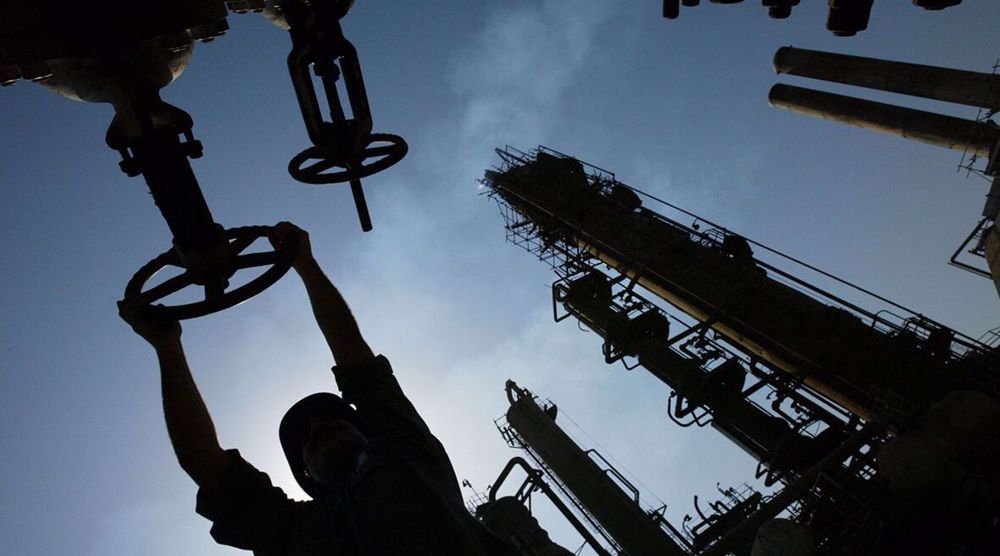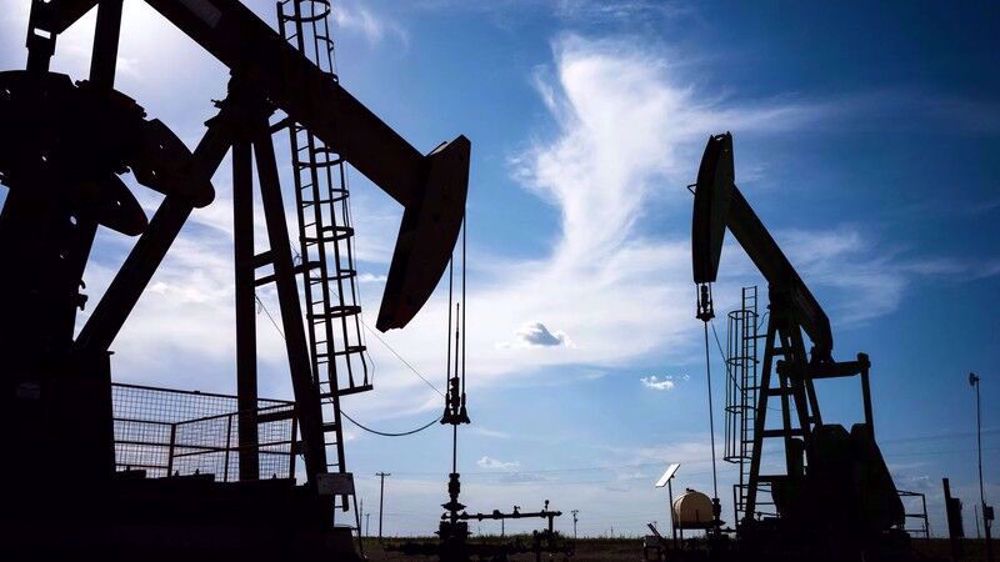Saudi measures to alleviate financial crisis failing
Saudi Arabia’s drastic measures to alleviate its cash crunch through loosening lending rules and direct money injections are reportedly doing little to solve the country's worst financial crisis in years.
Lower oil prices and the kingdom’s war on Yemen have been hitting Saudi Arabia’s economy hard, with the country running large budget deficits of 20% of the GDP.
The government has been drawing on its currency reserves, with the International Monetary Fund estimating that the Saudis will run out of those reserves in less than five years and then go deeply into debt.
Last year, Saudi Arabia’s foreign reserves fell to $640 billion from $737 billion in 2014. This year, Riyadh’s huge budget deficit is expected to reach $87 billion.
The predicament is reflected in the new rulers’ adventurist policies, prioritizing “guns over butter” as the military has got the largest allocation in the new budget at $56.7 billion, accounting for 25% of the total.
Oil sales account for almost 88 percent of the country’s revenues. The crude price crisis has forced Saudi rulers to cut spending and arrange their first sale of international bonds.
In 2015, the kingdom opened its stocks to direct foreign investment in order to lure funds from overseas but foreign investors now own just one percent of outstanding shares in the $400 billion Tadawul Stock Exchange.
The failure has prompted Saudi rulers to resort to more drastic measures, planning to sell shares in the world’s richest company, Aramco.
While the authorities are struggling to find an effective way to boost liquidity, experts say money injection is just being pulled back out by the monthly government bond issues.
The country raised $26 billion from bond sales to domestic institutions last year. That figure is expected to rise to more than $31 billion this year.
According to Bloomberg, the bond issue is draining funds from the system, reflected in interbank rates that are their highest since 2009.
The country is reportedly expected to raise more than $10 billion from its first international bond sale in October. That may improve things for a short time but the long-term effect is likely to come down heavily on the country’s finances.
Saudi Arabia “faces an economic time bomb which, if not defused, will have severe and possibly irreversible effects both nationally and internationally,” the Times magazine wrote last December.
D-8’s role in Iran’s economy after Cairo summit
China slams US as ‘war-addicted’ threat to global security
China ‘firmly opposes’ US military aid to Taiwan
VIDEO | Press TV's News Headlines
President Yoon Suk Yeol to be removed from office
At least 19 Gazans killed by Israeli airstrikes since dawn: Medics
Leader: Iran neither has nor needs proxy forces
US fighter aircraft shot down ‘in friendly fire’ amid aggression on Yemen










 This makes it easy to access the Press TV website
This makes it easy to access the Press TV website